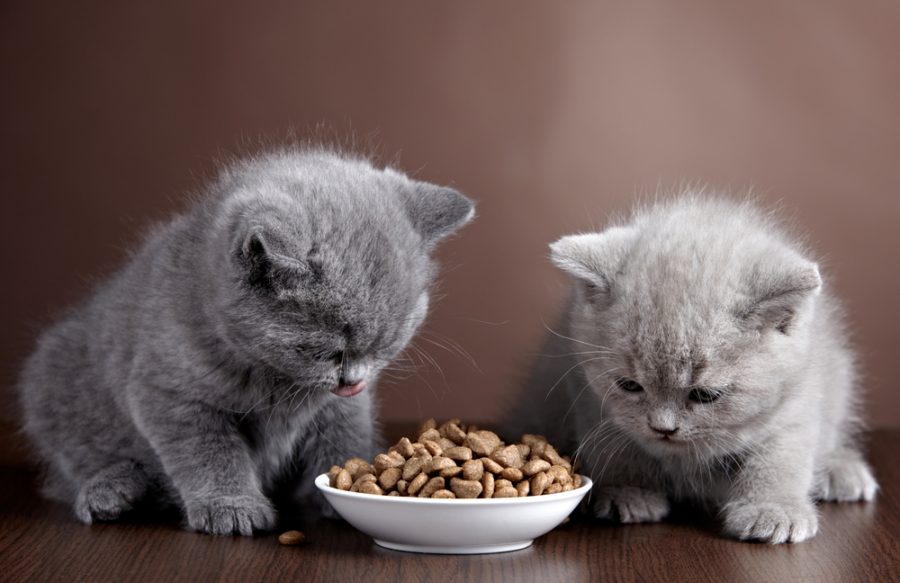If you have a pet cat, you get to enjoy its companionship, to play with it, to enjoy the incomparable satisfaction of a purring cat sleeping on your lap on a rainy afternoon. In return, you also have to shoulder the responsibility for keeping your cat healthy and happy. A cat can’t communicate its needs to you, except indirectly, so you need to be proactive in ensuring it has a good environment and sensitive to the signs that something may be wrong, from physical symptoms to changed behaviour. Additionally, you can be proactive in making sure your cat is happy, healthy, and safe by purchasing cat pet insurance to help take care of any unexpected accidents or illnesses.
Food
One of the most important things you can get right is your cat’s diet. If you don’t want an embarrassing visit to the vet where you have to ask ‘why does my cat keep throwing up?’, you need to know what foods your cat needs and what you need to keep away from it!
Chocolate is well known as toxic to cats, but foods as innocuous as onions can be very dangerous for a feline companion, so be very careful about giving your cat leftovers from your own meals.
You can safely feed your cat on dry food only, but you need to make sure it’s balanced nutritionally to provide everything your cat needs. Cat’s needs change over time and life stages, so make sure you’re buying the right food for kittens, adult cats and elderly felines.
You can supplement dry food with meat you prepare yourself or tinned food, but be aware you’ll be providing your cat with more calories. Feed your cat measured amounts of food at set meal times to avoid the need for a diet later in life.
The most important thing you can provide for your cat is fresh water and plenty of it – especially if you’re only feeding them on dry biscuits. Cats can suffer from thirst, dehydration, urinary tract infections and even heat stroke so make sure they have a water bowl – or drinking fountain – that’s cleaned or topped up regularly.
Stimulation
Cats require lots of mental stimulation or they can suffer from stress and depression. Many cats get this sort of stimulation from exploring outside, but they still need you to provide for them in the home, and this is only more important if you have indoor cats.
Treat dispensing toys, scratching posts and climbing trees are all good things to invest in to keep your cat happy indoors, though cardboard boxes, scrunched paper and string can all provide a cheaper and no less fulfilling afternoon of entertainment for you both!
Spotting Problems
If your cat is sick or injured it may try to conceal that from. Vomiting and diarrhea are hard to miss, but be alert for more subtle signs: a lack of interest in food, low energy, unexpected aggression or unusual shyness can all be signs that something is wrong. Grooming is another good indicator of problems: excessive grooming a particular spot, or failure to groom should have you looking closer to find out what’s wrong, or making an appointment at the vet!
More Stuff For Your Inspiration:
- No Related Posts
Related posts
Categories
- Around The World (369)
- Business (57)
- Education (9)
- Home Improvement (23)
- Humor (191)
- Inspiration (512)
- Lifestyle (21)
- Motivation (2)
- News (31)
- Photo of the Day (257)
- Photography (105)
- Technology (61)
- Travel (8)



